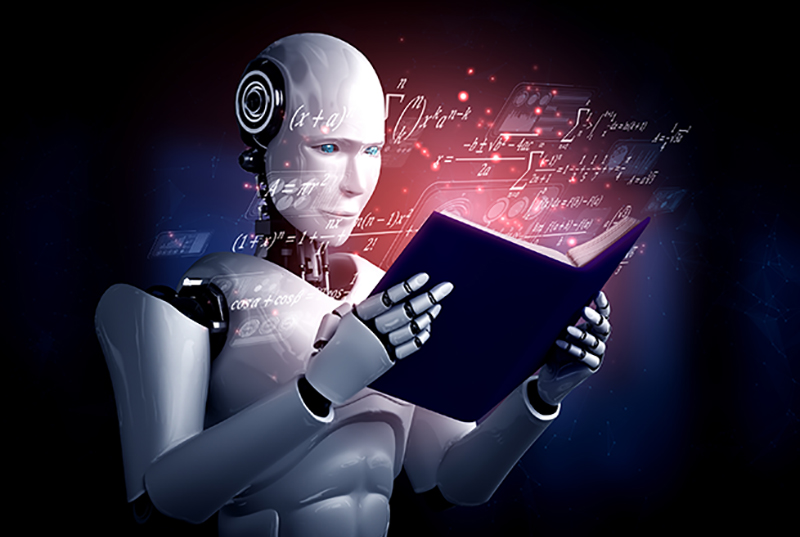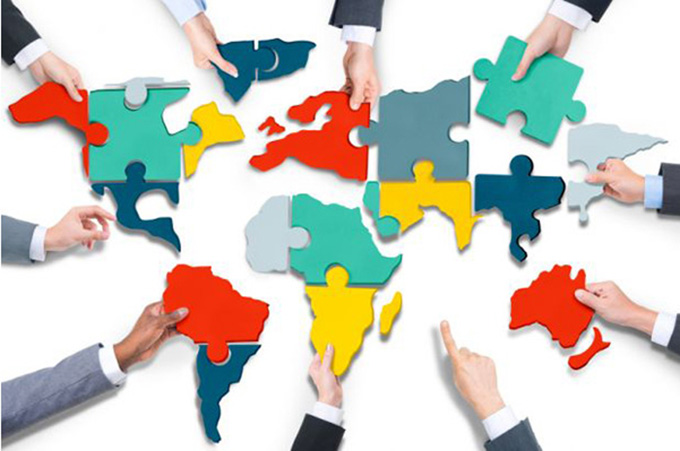
Transforming Futures: DFRobot at the UNESCO Forum in Addis Ababa
In a world that’s rapidly evolving, education remains a cornerstone for sustainable development, particularly in Africa. Recently, I had the chance to reflect upon this during the International Forum of UNESCO Chairs and Partners in Addis Ababa, Ethiopia, held from September 30 to October 2, 2024. The forum’s profound theme, Transforming Knowledge for Africa’s Future, echoed the vital role education plays in shaping the continent’s trajectory.
 The essence of education in transforming communities.
The essence of education in transforming communities.
Engaging in Meaningful Discussions
Participating was DFRobot’s Chief Marketing Officer, Qian Zhang, who took part in a round table discussion dedicated to Transforming Future African Education through Responsible and Human-Centered AIED. This focused conversation brought together thinkers, educators, and policymakers from across the globe, united by the desire to tackle the pressing challenges and opportunities within AI-centric education.
During these times of discussion, it became clear that information and communication technology (ICT) presents immense potential for improving educational outcomes in Africa. However, the dark clouds of inadequate infrastructure, socio-economic disparities, and data privacy concerns loomed overhead, demanding our immediate attention. The forum provided a collaborative platform, a beacon of hope, to navigate these troubled waters and inspire innovative solutions.
The AI Education Revolution
In the forefront of the conversation, Zhang articulated four vital perspectives:
- Enhancing Education Quality and Inclusivity
- Challenges and Strategies for AI Adoption
- Cross-Country Collaboration
- Priorities for the Community of Practice (CoP)
At the heart of her contributions was the proposal for introducing foundational AI courses focusing on visual and voice recognition. These courses could be taught with minimal equipment, making AI education more accessible. DFRobot recently unveiled the Unihiker, an affordable single-board computer, designed with the purpose of providing students a hands-on experience with AI. Imagine students coding simple programs and witnessing robots responding to their commands through Python programming. What an exciting prospect for young minds!
“By leveraging AI, we can tailor learning experiences to meet individual needs, ensuring that every child—regardless of their location or background—has the opportunity to explore the world of AI.”
 The intersection of technology and education.
The intersection of technology and education.
Through these discussions, I couldn’t help but reminisce about my own early encounters with Python and programming. The thrill of seeing lines of code come to life was intoxicating, and I feel that DFRobot’s initiatives might recreate that excitement for countless young learners in Africa. Zhang’s mention of the no-programming-required learning kit, Boson, which empowers students to develop critical thinking and problem-solving skills, struck a chord with me. It’s incredibly vital that children in remote areas are given the tools they need to succeed, irrespective of their teachers’ expertise.
Ethical Considerations in AI
Moreover, the forum delved into the significant challenges regarding data privacy and ethical implications of AI in education. These are not mere buzzwords; they are real concerns that can dictate the success or failure of educational advancements. “Collaboration across countries is essential for the successful and safe adoption of AI in education,” Zhang declared, highlighting the need for a united front in tackling these formidable obstacles.
It’s clear to me that we are in the midst of an educational revolution, yet managing this transformative power while addressing ethical considerations is paramount. DFRobot expressed eagerness to partner with educational institutions, governments, and NGOs, creating a global network aimed at nurturing innovation and sharing solutions.
 Global partnerships for educational advancement.
Global partnerships for educational advancement.
Conclusion: The Way Forward
The success of the International Forum of UNESCO Chairs and Partners was multi-faceted, focusing not only on the challenges but also on envisioning future scenarios for Africa’s research and innovation ecosystems. By emphasizing the crucial role of education in developing a skilled workforce and improving accessibility for marginalized communities, we pave the way for a brighter, more equitable future.
As I reflect on the discussions held and the insights shared, I can’t help but feel optimistic. The transformative power of AI education presents vast opportunities for Africa, and initiatives like those from DFRobot are certainly guiding this vision into reality. May we continue to strive for educational equity, fostering environments where every child, irrespective of their background, can flourish.
This vision, however, will require vigilant efforts and unwavering commitment from all stakeholders involved.














